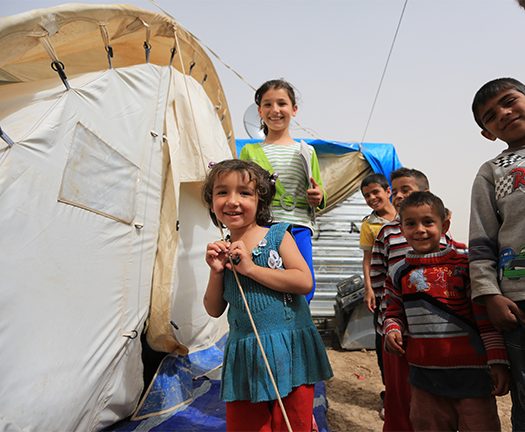[one_half]
Coming mainly from Syria, Iraq, Afghanistan, Eritrea, Nigeria or Sudan, people are ready to risk their lives to flee conflict zones.
Our partner MSF provides help to refugees in the following areas:
- In the Mediterranean (more than 20,000 people saved from drowning), where its teams are still present.
- In Greece: MSF has operated mobile clinics, distributed basic essentials and water kits and provided medical checks for those who stop there before continuing their journey across the Balkans.
- In Serbia: establishment of a clinic and transportation for the most vulnerable.
- In Hungary: following the closure of the borders, the MSF team provided support to the refugees evacuated from the Rozke camp.
- In Slovenia: MSF assisted the Ministry of Health in a transit camp at Brezice, on the border with Croatia, by providing medical checks around the clock.
[/one_half]
[one_half]
The teams from our partner CARE organised a distribution of essential products in the Balkans to the migrants arriving every day en masse.
In March 2016, the humanitarian landscape in Greece changed rapidly: over 57,000 refugees were stranded in a country where the economic and financial situation is already strained.
Until March 2017, CARE's actions were aimed at improving the deplorable living conditions in the temporary camps by distributing payment cards to the most vulnerable refugees so that they could buy food and basic necessities in supermarkets.
Regular assessments were carried out in relation to the needs of the women, men, boys and girls in order to adapt these initiatives and ensure coherent action in relation to all of the humanitarian interventions.
[/one_half]





